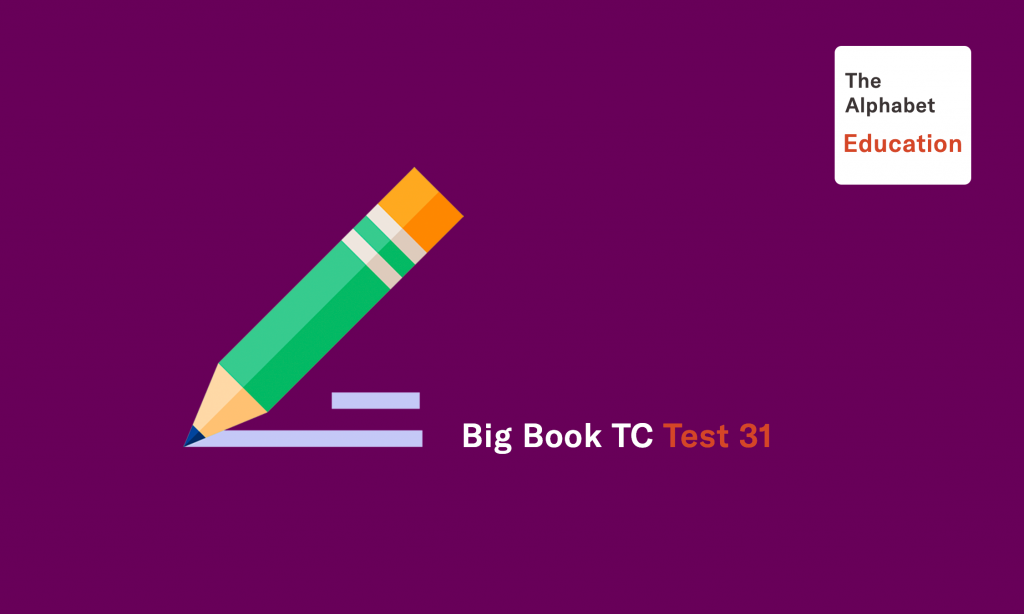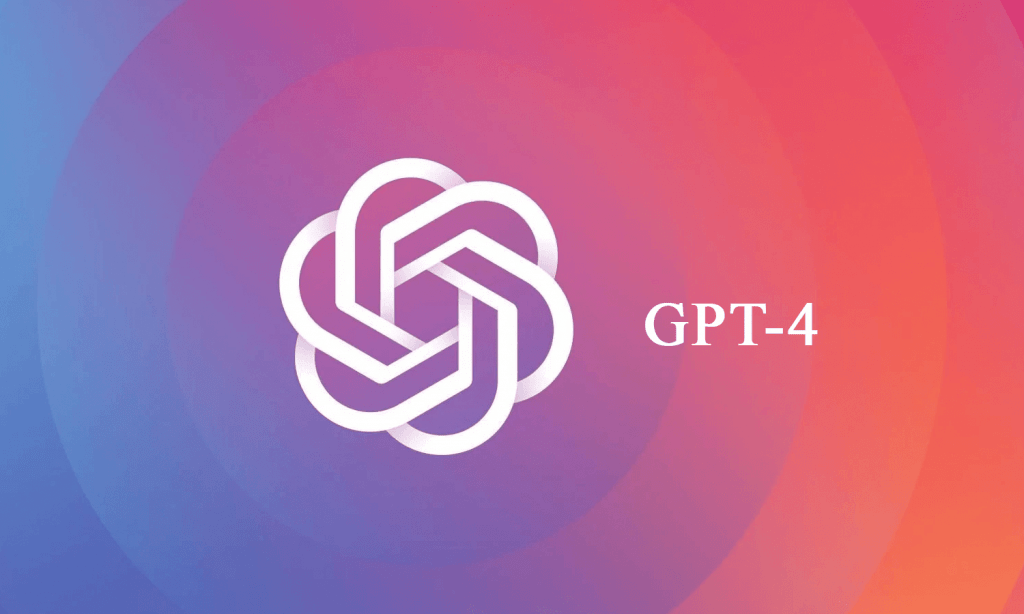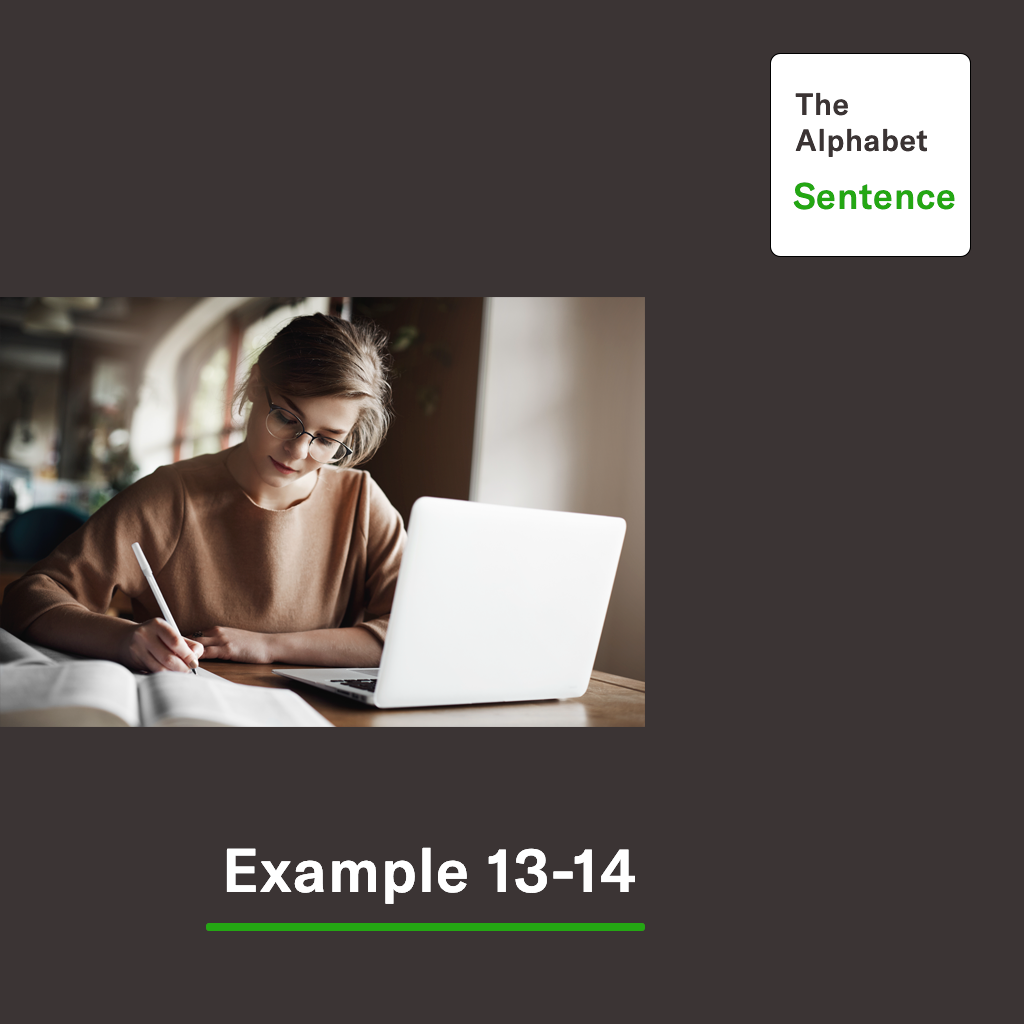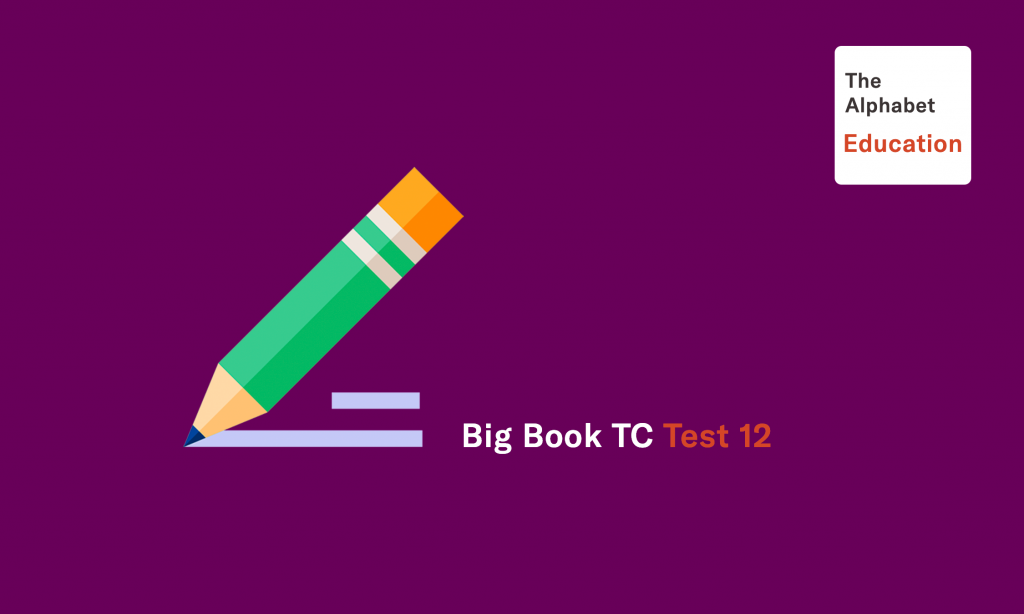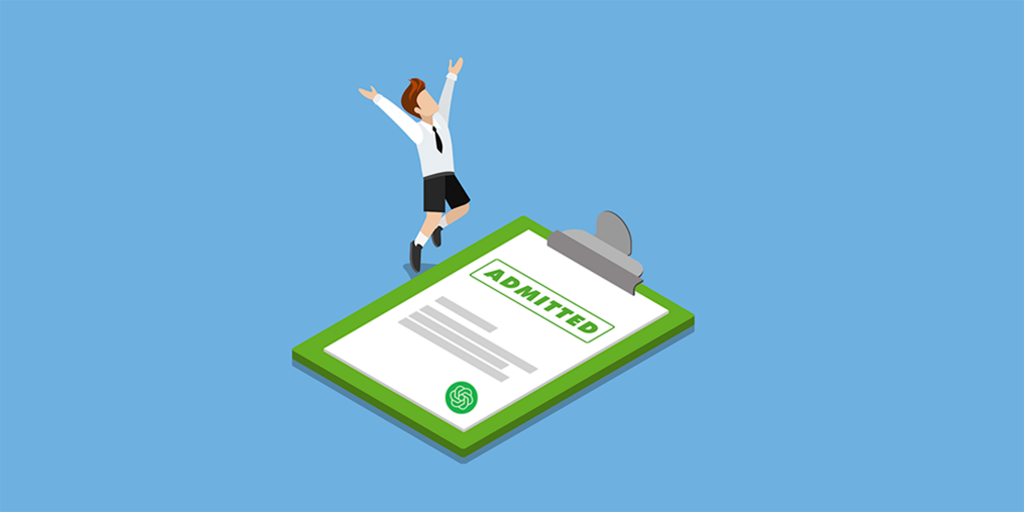
–Using ChatGPT to Craft College Admissions Essays | Image by The Alphabet
Key Points
- There is an ongoing debate about the use of artificial intelligence, particularly AI chatbots like ChatGPT, in the college admissions essay process.
- Educators concern ethical issues regarding AI-generated content in college essays while also acknowledging the potential benefits for students who may struggle with the writing process.
- The emergence of AI tools has the potential to significantly impact the college admissions essay process, prompting institutions and educators to reconsider their approaches and policies.
Over the past week, extensive dialogues have unfolded among a wide range of stakeholders, including university officials, educators, and high school seniors. These discussions have primarily focused on the crucial subject of college admissions essays.
The central theme of these conversations has been a thorough examination of the potential consequences arising from the integration of artificial intelligence tools, exemplified by ChatGPT, into the college application process.
One particularly intriguing aspect under scrutiny pertains to whether admissions authorities are contemplating revising their essay prompts or even reevaluating the fundamental role of personal essays in the complex web of the application process.
AI's Role in College Admissions Essays
Traditionally, in the midst of the avalanche of high school transcripts and teacher recommendations inundating admissions officers, it has been a long-standing tradition to use students’ written submissions as a means to identify those individuals who possess unique voices, experiences, ideas, and substantial potential.
However, the disruptive emergence of AI chatbots, poised to assist students in brainstorming essay topics, crafting initial drafts, and refining their essays, has prompted a compelling discourse. Central to this discussion is the profound question of how this technological intervention might irrevocably reshape the fabric of the admissions selection process.
To undertake a more comprehensive exploration of this pressing matter, a wide-reaching effort was made to engage admissions officials representing a diverse array of institutions. This outreach included large state universities, distinguished Ivy League establishments, and intimate private colleges alike.
Ethical and Practical Considerations
Among those individuals contacted, Juan Espinoza, the esteemed director of undergraduate admissions at Virginia Tech, offered valuable insights. In his view, the landscape of higher education is currently in a state of flux as institutions strive to comprehend the intricate mechanics of AI technologies and decipher their implications for the admissions landscape.
However, it is crucial to underscore a salient and immediate concern: students are already integrating AI tools into their essay-writing processes. Therefore, the pivotal question that looms large is how precisely students are incorporating this technological aid to address essay prompts. Furthermore, it is essential to contemplate the overarching implications of this paradigm shift, as it has the potential to exert a profound influence on the future of college admissions.
By listening to podcasts from various universities, some intriguing insights have been gained into how admissions offices perceive ChatGPT. In a recent episode of “Inside the Yale Admissions Office,” a podcast from Yale University, the institution’s stance on AI tools became abundantly clear through the episode’s title: “A.I. and College Essays: Wrong Question, Wrong Answer.”
During this podcast, two Yale admissions officers expressed their view that using tools like ChatGPT to compose college essays amounted to plagiarism, in violation of the university’s admissions policy.
They emphasized that personal essays for college applications were intended to be introspective and reflective, asserting that outsourcing such personal contemplation to an AI chatbot would not be beneficial.
Hannah Mendlowitz, senior associate director of admissions at Yale, underscored this point by stating, “A.I.-generated content simply isn’t very good at the mode of communication that works in college essays.”
However, some technology journalists conducted a series of basic AI experiments during the week, utilizing ChatGPT and other tools to generate responses to short-answer questions from prestigious institutions like Yale, Harvard, Princeton, and Dartmouth.
Although the AI bots made factual errors initially, with repeated prompts and adjustments, they managed to produce reasonably well-written responses. It became apparent that high school students could potentially employ these tools to craft initial drafts and subsequently refine the content to reflect their unique voices and experiences.
Potential for Change
Regardless of the ethical considerations, these tools may prove beneficial for students who face writer’s block or lack a natural penchant for essay writing, serving as a valuable starting point in their application journey.
According to insights from Espinoza at Virginia Tech and other admissions experts, ChatGPT has the potential to serve as a democratizing force, particularly benefiting high school students whose parents have limited or no prior experience with the college application process.
Espinoza, himself a first-generation college student, expressed curiosity about how this tool could simplify the often intricate application process. He pondered whether ChatGPT could help bridge the gap for those starting from different points or reduce disparities in access, which he viewed as a promising prospect.
To gain recommendations on how high school students applying to college could effectively utilize AI tools, an interview was conducted with Meg Scheid, the college outreach coordinator at the Gwinnett School of Mathematics, Science, and Technology, a renowned public high school in the Atlanta area.
Initially concerned that students across the country might use ChatGPT to submit AI-generated content as their own work, Scheid’s perspective shifted as she recognized the tool’s potential. She realized that high school students could leverage AI tools to conduct precise college searches tailored to their specific criteria.
For instance, they could focus on finding large public universities in the South renowned for biostatistics research or identify small private colleges offering full scholarships to soccer players.
Scheid also highlighted the utility of AI chatbots for students facing the challenge of condensing lengthy lists of extracurricular activities into the limited spaces provided on college applications. She explained that these tools enable students to ensure that colleges are aware of the full scope of their involvement, allowing them to present a more holistic picture of themselves.
Khanmigo's College Essay Support
Khan Academy, the renowned online education nonprofit, has recently introduced its very own AI chatbot for educational settings, known as Khanmigo. This chatbot now features a component aimed at assisting students in generating ideas for their college admissions essays.
–GPT-4 Khan Academy In Depth Demo | Video by Khan Academy
Khanmigo adopts a conversational and encouraging approach when collaborating with students. It initiates sessions by emphasizing that college essays are not a platform solely for listing achievements, but rather an opportunity to reveal one’s unique personality and perspective.
It then provides students with a list of common pitfalls to avoid in their essay writing, such as cautioning against crafting essays that focus on how the suffering of others made them realize their good fortune, as such essays tend to discomfort college admissions officers.
The brainstorming feature offered by Khanmigo proves particularly valuable, especially for students grappling with the task of selecting an essay topic. Khanmigo commences the process by asking students general questions about their life experiences and subsequently identifies promising themes for their essays. This technological assistance has made the essay-writing process more enjoyable for the author.
